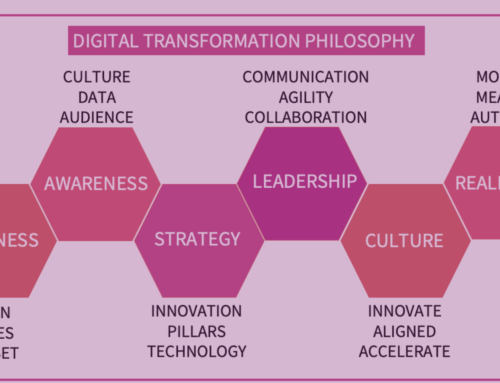Artificial Intelligence but more specifically a sub-set of AI, Generative AI is revolutionising the corporate landscape, empowering businesses with impactful solutions that require minimal effort. In this article, we’ll dive into the realm of high-impact, low-effort AI applications and explore how they streamline operations and enhance customer experience.
We’ll also take a closer look at the changing perceptions and attitudes towards AI, based on insights from a recent survey involving over 13,000 individuals across 18 countries.
The AI Perceptions Survey
The survey uncovered an overwhelmingly positive outlook on AI. Overall, respondents are more optimistic than concerned about its potential. However, it’s important to address the differing perspectives between leaders and frontline employees. While leaders exhibit more optimism, frontline employees have a mix of optimism and concerns.
The survey also highlights the urgent need for training and upskilling programs as most respondents recognise the importance of acquiring new skills in this AI-driven era, yet only a fraction have received the necessary training.
The Impact of Generative AI and User Perspectives
Generative AI, like ChatGPT and similar technologies, has skyrocketed in popularity, signaling a new era for businesses and society. Regular users of generative AI showcase higher levels of optimism compared to non-users. These users recognise the transformative potential of generative AI in improving work processes while remaining aware of potential challenges.
Addressing Disparities and Training Gaps
To ensure successful AI implementation, organisations must bridge the gap between leaders and frontline employees. Encouraging responsible AI usage among frontline employees and providing them with the required training are vital steps.
Unfortunately, current AI training initiatives predominantly focus on leaders, leaving only a small percentage of frontline employees with similar opportunities.
The Rise in AI Usage and Optimism Levels
The survey reveals a significant surge in AI usage, with half of the respondents indicating that their companies have embraced AI. Experimentation with generative AI has also soared, with 46% of respondents having tried it and 27% using it regularly.
However, a noticeable disparity exists between leaders and frontline employees when it comes to AI adoption, directly impacting their levels of optimism. Leaders, who regularly utilise generative AI, tend to be more optimistic than frontline employees.
Regulation and Responsible AI
Despite expressing concerns, the majority of respondents believe that the benefits of generative AI outweigh the risks. Strong support for AI regulation is evident, with 79% of respondents advocating for it.
This represents a shift in attitudes towards government oversight, acknowledging the need for responsible AI practices. Many companies have already embraced responsible AI, although perceptions of its effectiveness may differ between leaders and frontline employees.
High-impact, low-effort AI applications offer tremendous benefits to organisations, ranging from enhancing customer experience to optimising operational efficiency. Understanding diverse perspectives within the workplace is crucial for successful AI implementation.
By bridging the gap between leaders and frontline employees, prioritising training at all levels, and fostering responsible AI practices, businesses can smoothly transition into an AI-powered future. Leveraging the transformative potential of AI while addressing concerns and regulatory considerations allows businesses to unlock its full potential for growth and success.
Ready to produce game-changing digital results in your business?
Subscribe to receive cutting edge insights on digital leadership and transformation- straight to your inbox
We do not sell or share your information with anyone.









